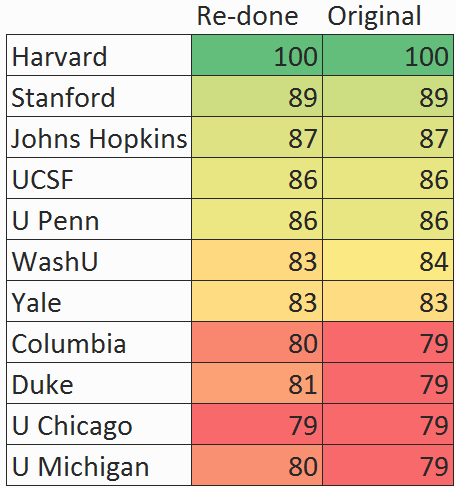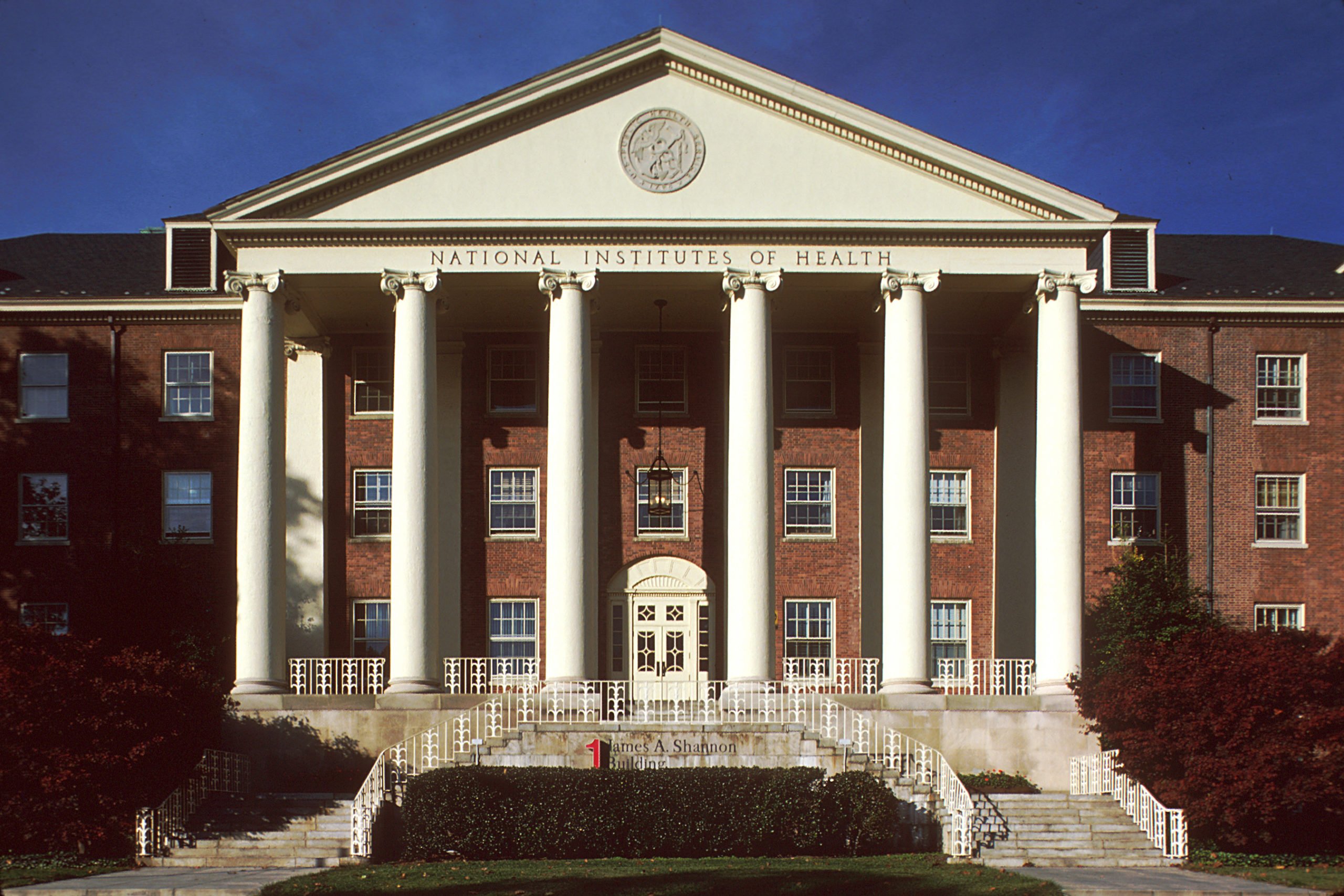- Joined
- Sep 12, 2021
- Messages
- 142
- Reaction score
- 210
Thanks for the link in your response, I didn't actually know that about PD rankings, though I do still take pretty much everything with a big grain of salt regardless.My post wasn't about NYU...? lol
To be clear, I'm referring to my thoughts on PD ratings. I have no hate for NYU haha
.... and potentially hurting students who depend on it when choosing schools.
How is that not on the students who choose to read into an obviously biased system? When I read a research article I have to further educate myself beyond the scope of the actual research being done, so I understand the reality surrounding the topic enough to gauge the researchers bias.. but that doesn't mean I ignore the research, just like it means I don't ignore all these rankings. If I dismissed every biased piece of information I've received pertaining to healthcare and my endeavors in it, I'd be far less educated. Seeing through the bull**** is part of the process isn't it?
If anything I would argue that if people are going to be doing something for future physicians (like me) it should be to educate them that bias is everywhere and you need to operate under the assumption that you need to have the skill necessary to see it.. if they get fooled by the USNWR, then they will get eaten alive once they leave the relative safety of these schools.. and that's just from my perspective as a 30 year old non-trad, I can't imagine the predator schemes that exist in medicine where orders of magnitude more power and money are changing hands.
Last edited:




